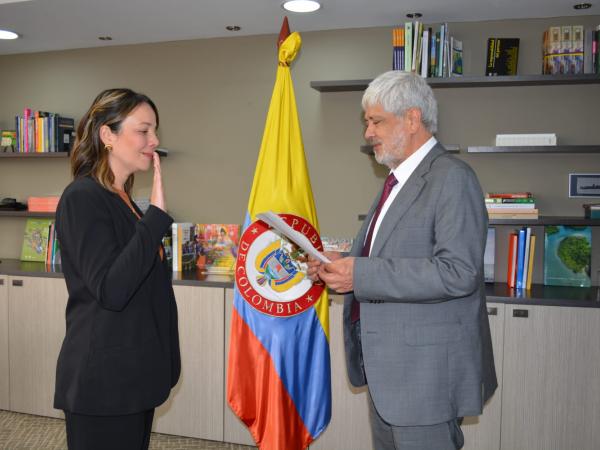The Comptroller General of the Republic ruled on the actions of the Undersecretary of Public Health of the previous administration -in charge of Paula Daza- and the execution of the “Protected Borders Plan”, whose investigation determined that in the hotel service to comply with quarantines Due to Covid-19, two travel agencies were arbitrarily privileged.
According to information from Radio Bío Bío, the situation arose after the requests that were carried out during 2021 by Senator Matías Walker and the former deputy and current Undersecretary of Social Development, Miguel Crispi, to clarify the actions of the Undersecretary of Public Health from that time.
In this way, the Comptroller’s Office resolved that “in this context, it appears that the aforementioned ministerial authority, in fact, adopted a decision that put two travel agencies (Turismo Cocha SA and Travel Security SA) in an advantageous situation, to the detriment of the other possible interested parties, without proving that the aforementioned requirements that the State Administration bodies must comply with have been met and that seek to safeguard the observance of the principles of legality, probity, transparency, deed, interdiction of arbitrariness and free concurrence, and equality of bidders”.
After the arguments of the Undersecretariat regarding its decisions, the controlling body decreed that, “in such conditions, it must be concluded that what was done by the Undersecretary of Public Health for the purpose of specifying the hotel intermediation service with respect to the which has been claimed.
Given this, they warned of the “possible existence of family ties between officials or former officials of the State Administration with people who would participate as legal representatives or shareholders of both the individualized companies and others associated with them, which could lead to situations conflict of interest”.
Thus, the Comptroller considered it pertinent to send the information to the Prosecutor’s Office, with the aim of instructing a disciplinary procedure to establish the administrative responsibilities derived from the detailed situations.
















